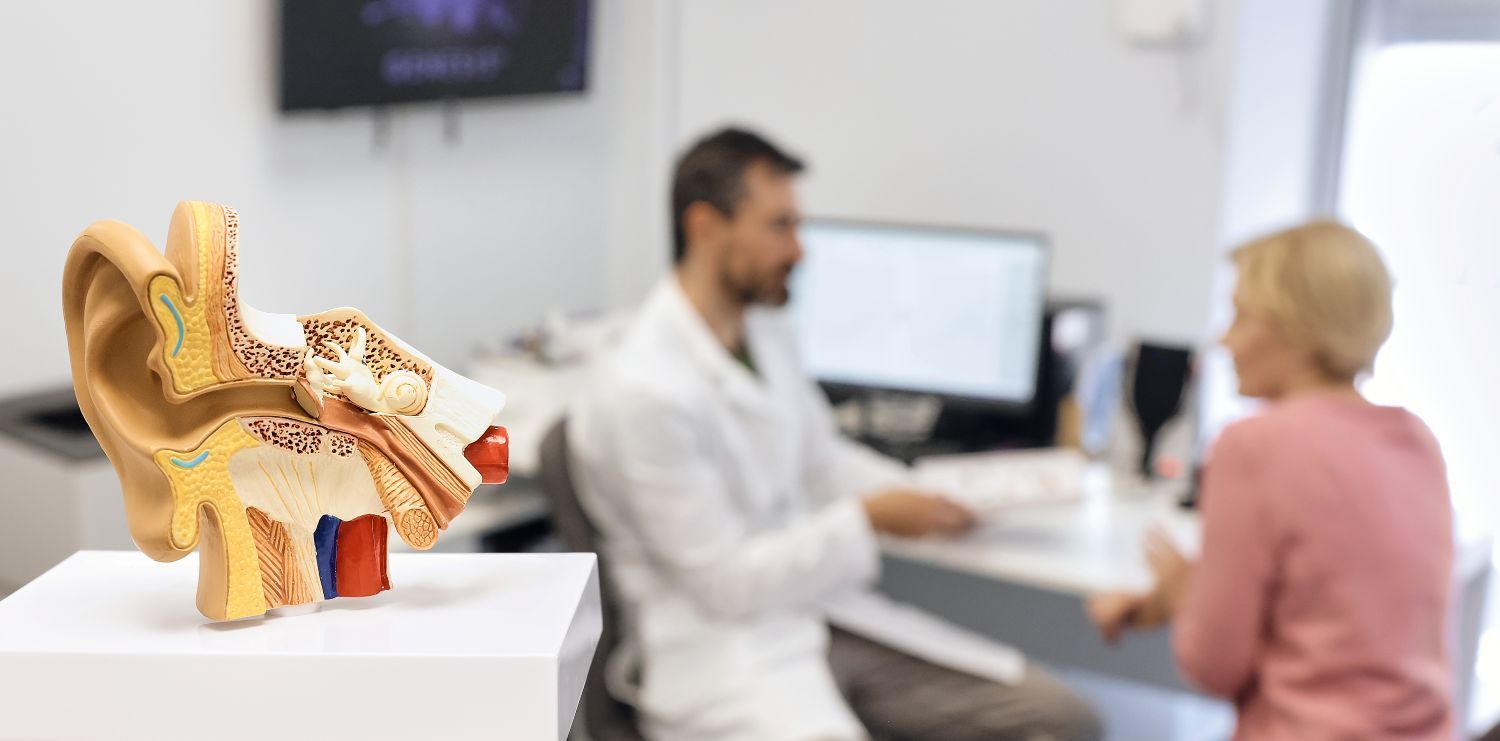How Do You Know If Dizziness Is Serious?
Dizziness is something almost everyone experiences at some point. It refers to a sensation of lightheadedness, unsteadiness, or feeling like the world is spinning. It can have many causes, from dehydration to anxiety or even changes in your inner ear. Though uncomfortable, dizziness usually resolves on its own. However, sometimes it can be a sign of a more significant problem.
Types of Dizziness
Before identifying if dizziness is serious, it’s important to understand its different forms. There are primarily two types: vertigo and non-vertigo dizziness.
Vertigo
This involves a spinning sensation, where either you feel like you’re moving or the world around you seems to be spinning. Vertigo often points to issues with the inner ear or brain.
Non-Vertigo Dizziness
This refers to a feeling of lightheadedness, imbalance, or faintness. Causes can range from dehydration to low blood pressure or anxiety.
Both types of dizziness can range from mild to severe. Knowing which type you are experiencing can help determine how serious your condition might be.
Symptoms That Suggest Serious Dizziness
While dizziness by itself can be harmless, certain symptoms that accompany it might suggest that it is something severe. If you experience any of the following, you must seek medical advice:
- Sudden or Severe Onset: If dizziness occurs abruptly and intensely, especially if you haven’t experienced it before, it could indicate a neurological issue.
- Fainting: Passing out or feeling as though you’re going to faint may be a sign of heart or blood pressure problems.
- Chest Pain or Palpitations: If you experience chest pain or a racing heart, it might be related to cardiovascular issues, such as a heart attack or arrhythmia.
- Numbness or Weakness: Sudden numbness, particularly on one side of the body, or difficulty speaking could indicate a stroke. Immediate medical attention is needed in such cases.
- Vision Changes: Blurred or double vision with dizziness may indicate a serious condition, such as a brain issue.
- Persistent Dizziness: You should evaluate dizziness that lasts for days or recurs frequently, as it could be related to an ongoing health problem, such as an inner ear condition or a neurological disorder.
When Should You See a Doctor?
If dizziness is frequent, severe, or accompanied by other symptoms, you must seek medical advice. Some situations where you should see a doctor include:
- Dizziness lasting longer than a few days
- Dizziness following a head injury
- Difficulty walking or maintaining balance
- Repeated episodes of vertigo
Diagnosis and Treatment of Dizziness
Doctors can evaluate your symptoms through a physical exam, checking your blood pressure, heart rate, and other factors contributing to the problem. In some cases, additional tests, like blood work or brain imaging, may be needed to determine the cause of your dizziness.
The treatment largely depends on your medical history and the doctor’s findings.
Medications
If dizziness is related to vertigo or anxiety, doctors may prescribe medications to manage symptoms.
Physical Therapy
Some forms, especially vertigo caused by inner ear issues, can benefit from physical therapy exercises to help regain balance.
Lifestyle Changes
For dizziness caused by dehydration, stress, or poor nutrition, making simple lifestyle changes such as drinking more water, reducing stress, or eating regular meals may solve the issue.
Are you experiencing persistent dizziness or other troubling symptoms? Don’t wait for them to worsen—schedule a consultation with our experts at ENT Medical and Surgical Group today.













